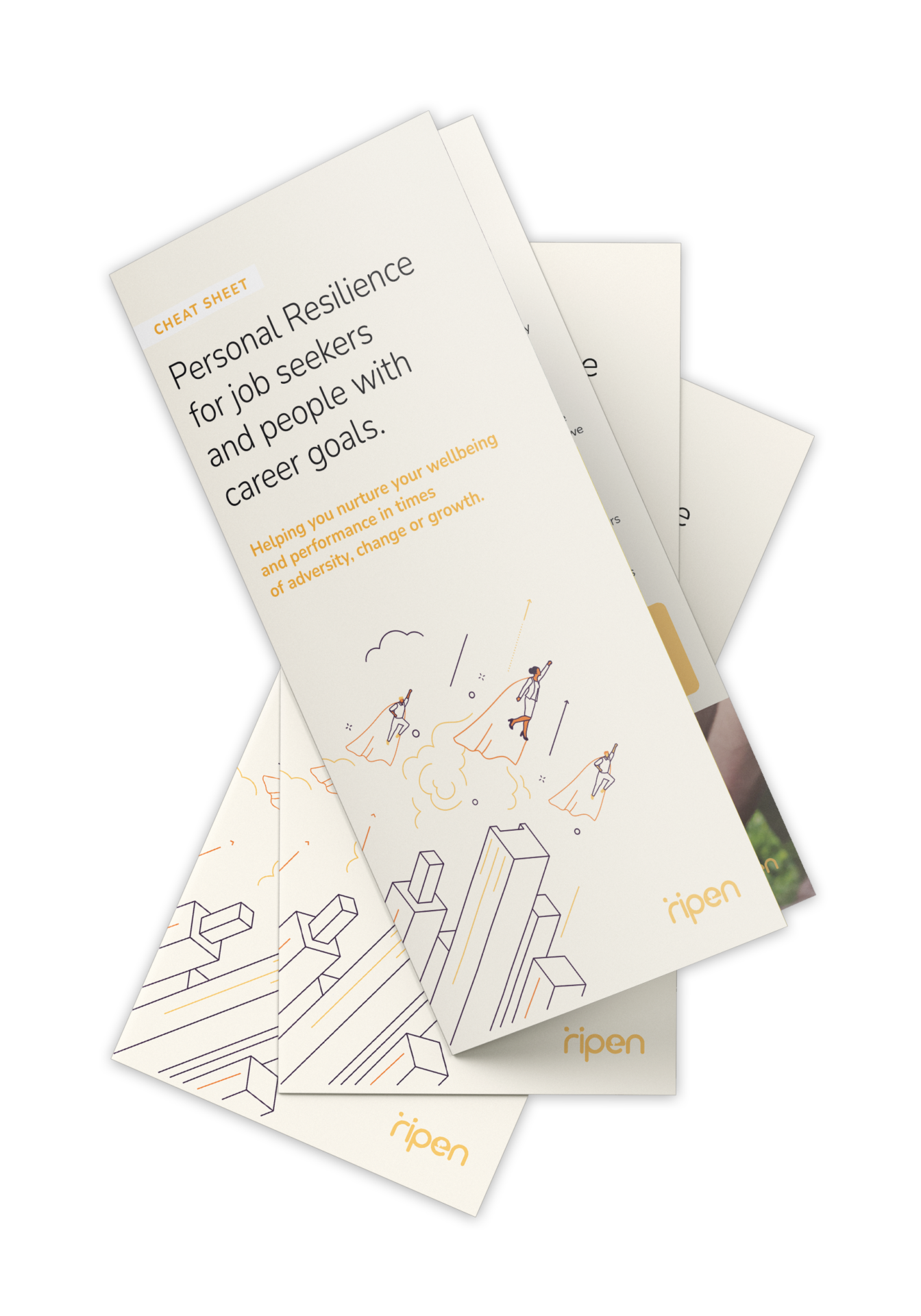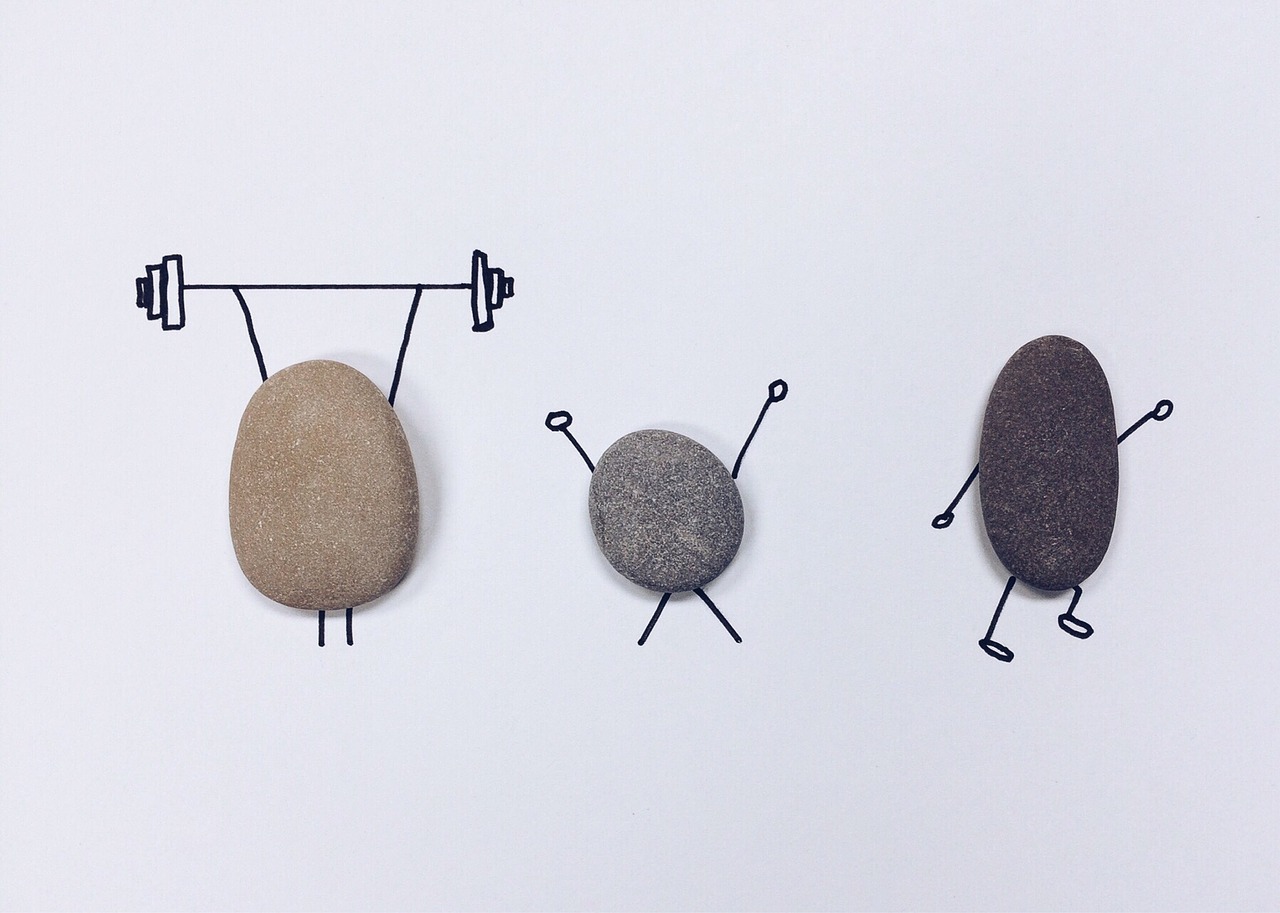The human genome has not changed much in the last century, yet obesity has noticeably increased. A recent study of 168,000 adults across 63 countries revealed that 40% of the men worldwide and 30% of the women were overweight, and 24% of the men and 27% of the women were obese. Further to this, it is estimated that 86% of Americans will be overweight or obese by 2030 if current weight trends in the US continue.
Experts suggest these statistics are largely due to the greater availability of food – especially food high in fat, changes in lifestyle, and advances in technology leading to declining physical activity. These changes in social norms combined with a media portrayal of the ‘perfect’ body being extremely thin for women and extremely ripped for men, has led to the desire to lose weight and look ‘perfect’ becoming a daily frustration for many. We are quickly becoming a world obsessed with physical appearance, and for some people a change in diet and regular exercise is enough to gain muscle or lose and keep weight off long-term. However, science suggests that others may actually have inherited a tendency to be overweight. Here’s two examples:
Leptin (from the Greek word ‘leptos’, which means ‘thin’) is a protein that is involved in telling our brains we are full. Leptin is released by fat cells and results in decreased food intake and increased energy expenditure. It therefore acts as an anti-obesity hormone. As a result of heredity, some people may naturally carry less of this anti-obesity hormone compared to others, meaning they may need to be more vigilant with what they eat to avoid unnecessary over-eating.
Set Point is the weight you maintain when you make no effort to gain or lose weight. The amount of stored fat in your body is an important factor in determining your body’s set point. Fat is stored in adipose cells, and when these cells are filled you do not get hungry. When people gain weight, the number of their fat cells increase. A normal weight individual has 30-40 billion fat cells, while an obese individual has 80 to 120 billion fat cells. As a result of heredity, some people naturally have more adipose cells and therefore carry more stored fat compared to others, meaning they may need to exercise and diet harder to lose and keep weight off.

